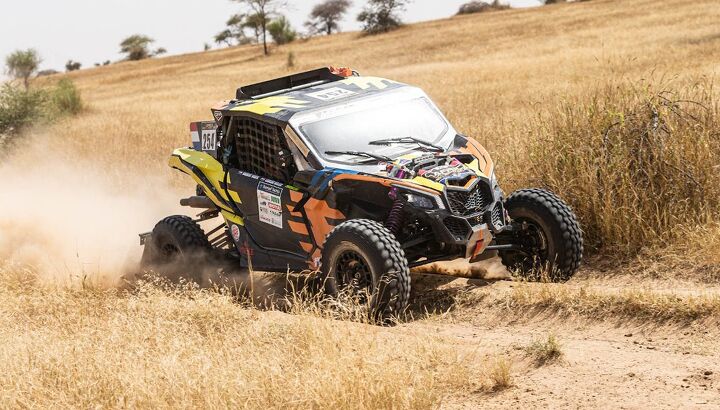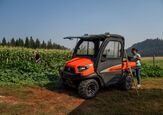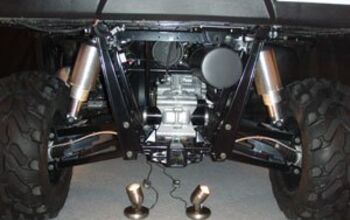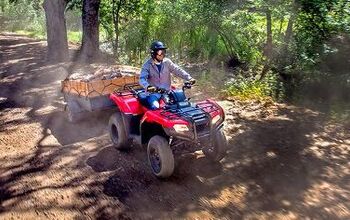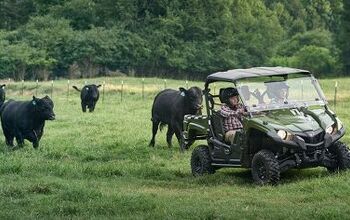Africa ECO Race 2022 Deeply Challenges Off-Road Racers
The annual Africa ECO Race, organized in France and run in parts of northern or western Africa, was born out of local ashes left by the world-famous Dakar when that event hauled up stakes and headed for parts elsewhere. With a focus on sustainability and security, the ECO Race has grown each year save for interruptions due to the global pandemic. Thanks for nothing, COVID.
It’s a tough event, to put it mildly, but most UTV brands like to test their mettle on the world’s stage. This explains why overall victories in that class over last few years have been spread amongst Polaris, CFMOTO, and Can-Am. Touting itself as ‘the real race to Dakar,’ the 2022 edition started in Monaco, finishing 17 days and 5,951 kilometers later in Lac Rose, Dakar (actual Dakar, like the old-school race from ages ago).
This year’s October race had nine entrants in the SSV class, with competitors again from Polaris and Can-Am (in RZRs and Maverick X3s) plus one flying the Yamaha colors with a YXZ1000R. Racers Jean Dagher-Hayeck and Patrick Antoniolli saw success in their Can-Am.
Of course, adding ‘eco’ to just about any product is good for attracting eyeballs. But the organizers of this event seem to do a lot more than just pay lip service to environmental groups. Some of the organization vehicles are equipped of solar panels in order to use the energy accumulated all day for their daily tasks without using a generator, while base camps are prepared and cleaned by local providers who know the ins and outs of whatever particular area is being used that day. Oil is recovered, trash removed, and bins brought to nearby treatment centers.
The entire route is chosen in close collab with local crews in order to avoid sensitive zones like parks. Ambitious projects of a few competitors see themselves enrolled in an Experimental category, such as the team which raced on a 100% electric motorbike on the base of a Yamaha, not using even one liter of fuel and recharging its batteries at base camps by using solar panel energy.
Next year’s edition is already open for registration, with several categories including classifications for quads and others for bikes. Putting an exclamation point on the fact Africa ECO isn’t a casual affair, registration fees can easily crest 15,000 euros.
More by Matthew Guy



